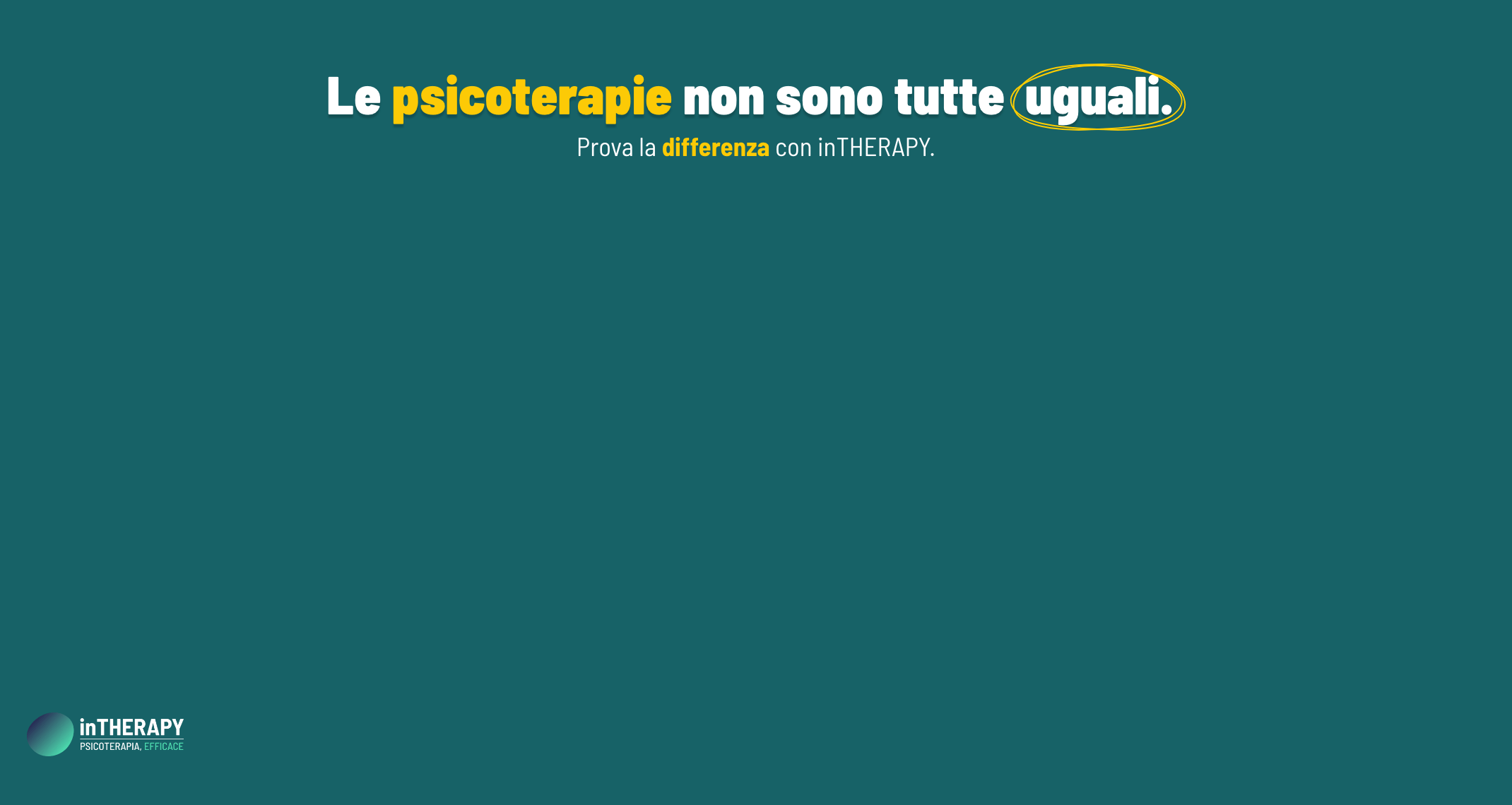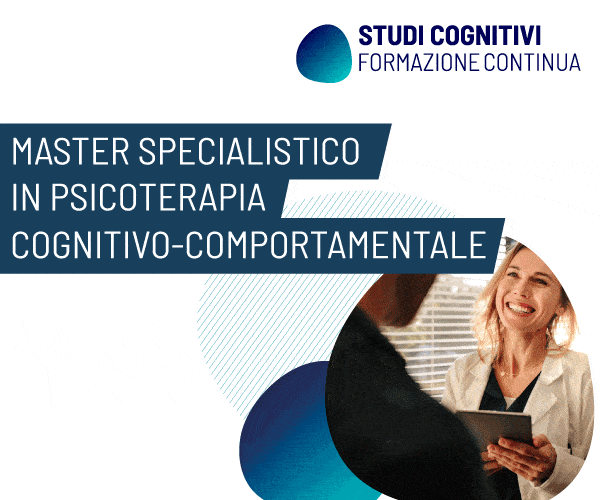Previous installments: Part 1 – Part 2


Few studies have examined the benefits of training mothers to use emotion rich language in conversations with their children. Peterson, Jesso and McCabe (1999) longitudinally assessed the benefit of training 10 mothers to have more emotion-based, open-ended and longer conversations with their 43 month old children. Children’s discussions and verbal ability were assessed before and after the intervention. One year later, compared to the 10 mothers who did not receive training, trained mothers showed an increase in open-ended prompts, ‘wh’ context questions and verbal and non-verbal responses to their children. In turn, the children of trained mothers had conversations that were richer in context-setting description.
In a more recent study, Reese and Newcombie (2007) trained 100 mothers to speak to their 19-month old infants using open-ended questions, and, where infants provided a verbal or non-verbal response, to confirm their contribution to the conversation. During reassessments when the infants were 34 months of age, compared to waitlist control mothers, trained mothers asked more open-ended questions, responded to their children’s contributions to the conversations more, and had more elaborative conversations overall. The discourse of the children of trained mothers was also characterized by more memory elaborations, and higher self recognition than the discourse of children of untrained mothers.
These two studies provided insight into the benefits of training mothers to use more emotion rich, elaborative conversation styles. However, as part of the training in both studies, mothers were also instructed to spend additional time with their children. In the next installment of this series will cover a study which attempted to control for this factor. Additionally, I will be discussing the possible effect of more emotionally balanced discourse on children’s behavior.
BIBLIOGRAPHY:
- Fivush, R. (2007). Maternal reminiscing style and children’s developing understanding of self and emotion. Clinical Social Work Journal, 35, 37 – 46.
- Peterson, C., Jesso, B., & McCabe, A. (1999). Encouraging narratives in preschoolers: An intervention study. Journal of Child Language, 26, 49 – 67.
- Reese, E., & Newcombe, R. (2007). Training mothers in elaborative reminiscing enhances children’s autobiographical memory and narrative. Child Development, 78, 1153 – 1170.







